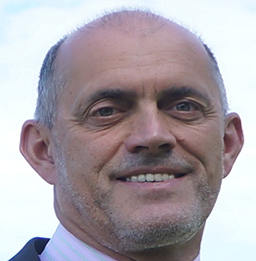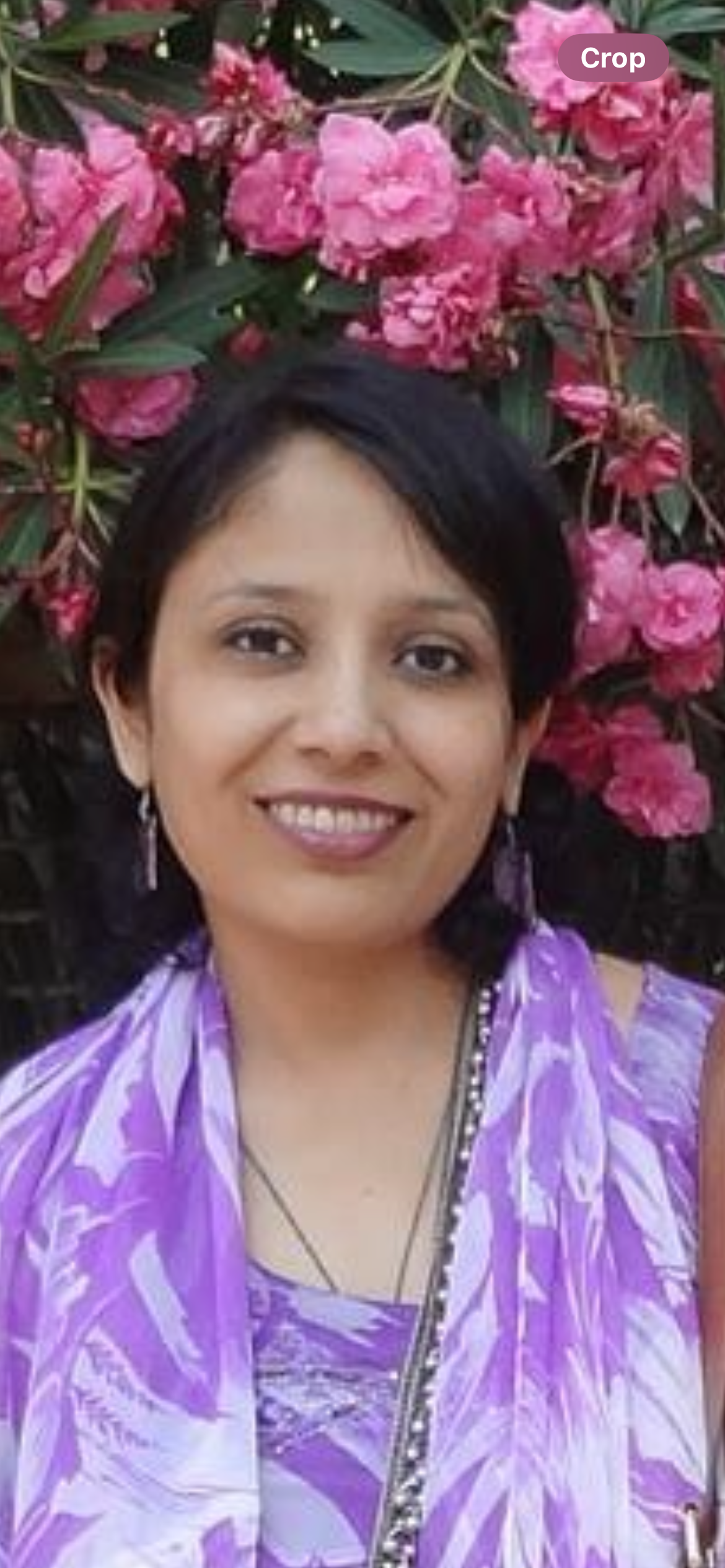Keynote Speakers

Keynote Speaker:
Demystifying Data Science: Transformative Real-World Applications Driving Innovation
Prof. Dursun Delen
Regents Professor at Oklahoma State University, Stillwater, OK, USA
and Professor at Istinye University, Istanbul, Turkey
Short Bio
Dr. Dursun Delen is a world-renowned thought leader in the fields of artificial intelligence, data science, and business analytics. He currently serves as the William S. Spears Endowed Chair in Business Administration and the Patterson Family Endowed Chair in Business Analytics at Oklahoma State University’s Spears School of Business, where he is also a Regents Professor of Management Science and Information Systems and the Director of Research for the Center for Health Systems Innovation. Before joining OSU, Dr. Delen spent five years as a research scientist at a private research and consultancy company where he led groundbreaking advanced analytics projects funded by prestigious federal agencies, including the Department of Defense and NASA. His prolific scholarship is evidenced by more than 250 peer-reviewed articles and 12 influential books, making him a sought-after consultant and keynote speaker at national and international conferences. In addition to his research and teaching, Dr. Delen shapes the future of his field as the Editor-in-Chief of the Journal of Business Analytics and AI in Business (Frontiers in Artificial Intelligence), and as a senior or associate editor for several other top-tier journals. His exceptional contributions have been recognized through numerous federal grants and awards—including honors as an eminent professor, Fulbright scholar, Regents’ Distinguished Teacher and Researcher, President’s Outstanding Researcher, and Big Data Mentor.
Abstract
In today’s rapidly evolving business landscape, terms like artificial intelligence, machine learning, business analytics, big data, business intelligence, and data science are more than buzzwords—they are revolutionizing decision-making and problem-solving. Although these terms are often used interchangeably, they all share a common purpose: leveraging sophisticated mathematical models, statistical techniques, and expert insights to extract actionable intelligence. But why has data science emerged as a cornerstone of modern innovation? Is it a novel concept or simply an evolution of traditional analytics? This keynote presentation will unravel these questions by demystifying the underlying concepts of data science and business analytics. Drawing on compelling real-world case studies—from healthcare and medicine to entertainment and education—it will illustrate how data-driven strategies are transforming industries and shaping the future of business. Join us to explore the cutting edge of analytics and discover how to harness its power to drive innovation and solve today’s most pressing challenges.

Keynote Speaker:
Ranking Models in Data Envelopment Analysis: Theory and Practice
Short Bio
Prof. Josef Jablonsky is a professor and Head of the Department of Econometrics, Prague University of Economics and Business. He is focused on the theory and applications of data envelopment analysis, multiple criteria decision making, and mathematical modelling. He was principal investigator of several successful national and international projects. Professor Jablonsky is former President and still active member of the Czech Society of Operational Research, and other domestic and international professional societies. He is a member of editorial boards of several journals and scientific committees at the universities mainly in the Central European region. He published more than 50 papers indexed in world databases as Web of Science or Scopus and numerous publications in conference proceedings. Professor Jablonsky was the main organizer of the successful EURO conference in Prague with more than 2000 participants in 2007, and member of the programme or organizing committees of other national or international scientific events.
Abstract
Data envelopment analysis (DEA) is a non-parametric technique for evaluation of relative efficiency of decision making units (DMUs) described by multiple inputs and outputs. It is based on solving linear programming problems. Since 1978 when basic DEA model was introduced many its modifications were formulated. Multi-stage DEA models with serial or parallel structure, multi-period DEA models, inter-temporal models and integer DEA models belong among the most important ones. DEA models usually split DMUs into two basic groups, efficient and inefficient. Efficiency score of inefficient units allows their ranking but efficient units cannot be ranked directly because of their maximum identical efficiency scores. There were introduced various models for ranking of efficient DMUs in the past and the research in this field is not finished yet. Ranking models are based on different methodological principles – super-efficiency models, cross efficiency evaluation, pessimistic and optimistic models, goal programming, and others. The aim of this paper is to summarize main approaches for ranking of DMUs in several classes of DEA models (traditional models, network models, multi-period models). In addition, the study introduces an original optimization-based aggregation procedure for deriving a final ranking of units from several particular rankings, The results are illustrated on several real cases – efficiency evaluation of faculties, ranking of scientific journals, and evaluation of bank branches Numerical experiments are performed using own procedures written in LINGO modelling language.

Keynote Speaker:
A Novel Hybrid Decision-Making Natural Resource-based Framework for Measuring Circular Economy 4.0 Performance for Textile Industry
Prof. Sadia Samar Ali
Department of Industrial Engineering, Faculty of Engineering, King Abdulaziz University, Saudi Arabia
Short bio
Sadia Samar Ali is a Full Professor in the Department of Industrial Engineering at King Abdulaziz University in Jeddah, Saudi Arabia. She holds a Ph.D. in Operations Research, specializing in Supply Chain Management for Consumer Analytics. With a strong background in engineering and management, Dr. Ali focuses her research on Circular Sustainable Supply Chain Management and the application of AI/ML optimization techniques in developing countries. She is actively involved in international groups like EURO and IFORS, promoting sustainable practices and smart technologies. Her impressive body of work includes 100 + published papers, with many in top-tier journals, alongside three authored books. As an Associate Editor for Environment, Development and Sustainability (ENVI), a Springer Publications, Green Technologies and Sustainability (GTS), jointly sponsored by Elsevier and China Science Publishing & Media Ltd (KeAi) and PLOS One, she contributes significantly to the field while mentoring students and enhancing their research capabilities. Her expertise has also led her to serve as an reviewers , editorial board member in 40+ international journals, keynote speaker at various international forums on applications of data analytics and optimization in the field of technology integration such as UAVs.
Abstract
The sustainability strategy focuses on conscious production and consumption, with the Circular Economy (CE) as an innovative approach to maximize resource value and minimize waste. Industry 4.0 technologies like AI, robotics, and blockchain significantly enhance the competitiveness of businesses pursuing the CE. These advanced technologies help organizations achieve sustainability goals within the CE framework. The study analyzes how Industry 4.0-driven CE practices impact sustainable business performance, using the Indian textile industry as a case study. The researchers developed a three-stage hybrid decision-making framework, integrating various methods to assess sustainable performance. A novel multi-stage hybrid decision-making framework was developed after Kendall’s Agreement Test (Kendall’s W), Fuzzy Delphi analysis.Then Best Worst Method (BWM), Full Consistency Method (FUCOM), and Combined Compromise Solution (CoCoSo) methods are used. The findings highlight positive outcomes such as enhanced incentives, government support, greener logistics, and improved emissions, waste, and pollution monitoring. However, there is room for further improvements to address market demand and increase the profitability of green products.
